Wedding Planning Tips – A Q&A With Wedding Planners
And now that I’ve finally (famous last words) conquered the rollercoaster of hurdles that have been thrown at both me, and my couples (from a wedding planner and venue perspective) the good news is that I have a little more time to focus on you, so you can expect my face to be popping up more frequently over the coming weeks and months as I contribute to the incredibly informative series – Coronavirus and Your Wedding.
But for now, let’s put that to one side and in turn revisit a planning Q&A series that I started last year and a feature that I actually wrote back in February pre-lockdown.
First up, a quick recap… so far in this Q&A series (a series that I hope will provide you with an abundance of insight, advice, top tips, confidence, encouragement and support), we’ve heard from the likes of Moss & Stone Floral Design, Blue Sky Flowers, JenniBloom Floral Design Studio, Kalm Kitchen, Caper & Berry, Crown Catering, Rebecca Goddard Photography, Hannah Duffy Photography, Anneli Marinovich & Lucy Davenport Photography, with their invaluable advice and expert contributions to our floral, catering and photography features.
Secondly, as we’re in a new year and all (and this is the first time we’ve visited the Q&A series in 2020), I wanted to quickly flag some of my personal fave top tips shared so far:
- Try to include and reflect your personality in the food and/or catering service – people love attending weddings that feel authentic and personal.
- Be sure that you love the food you’re serving up on your wedding day. It’s easy to get wrapped up with everyone else’s needs, but essentially, it’s your day!
- Quite often the floral budget is significantly underestimated, and once money has been allocated elsewhere this may lead to disappointment. Whether you love flowers or just know you probably should have some, they absolutely will play an important role so getting it right early on is advisable.
- Allow around 10% of your overall budget for wedding flowers, but ultimately it will be down to you and what you want to spend.
- Don’t give your photographer an exhaustive shot list (unless you’re unsure about your photographer and what they’ll do/capture – in that case, you may want to consider a different photographer!)
And thirdly, it’s time for the planners to shine!
Without further ado, let me introduce you to the panel of planning pros…
- Liz Linkleter – A creative, stylish, imaginative, innovative and inspirational event production and design agency, founded by a former Alexander McQueen PR
- Matthew Oliver Weddings – A team of truly passionate, personable, creative and world-renowned international luxury wedding experts (with a shout-out to Bertie for his contribution to this feature)
- Natalie Hewitt – National Wedding Planner of the Year 2020. Natalie and her team have a reputation for striking the balance between the luxurious and the laid back, delivering weddings and sophisticated celebrations for couples throughout the UK
Oh, and every so often yours truly will pop up with a comment or 5! And by yours truly I mean me, Kat… Founder of Katrina Otter Weddings (refined, effortless and impeccably planned weddings throughout the UK), one half of Coco & Kat (a Creative House for the Wedding Industry) + Resident Wedding Planner for Coco Wedding Venues!
So, there we have it, our panel of experts and now moving on to those essential planning questions:
An introduction to wedding planners and wedding planning
Katrina Otter Weddings says: In a nutshell, a wedding planner is a professional (note the word professional here!) who can assist and support you with the overall design, planning and management of your wedding.
However, in my (and my clients) eyes, a wedding planner is so much more!
A wedding planner IS an expert, confidant, mentor, friend (I’m still great friends with lots of my former couples) and trusted colleague. A good wedding planner listens, supports, has the skills and ability to take on the burden and stresses of planning a wedding (including all of the current Coronavirus hurdles) and works tirelessly to ensure that every detail is carefully considered and flawlessly executed.
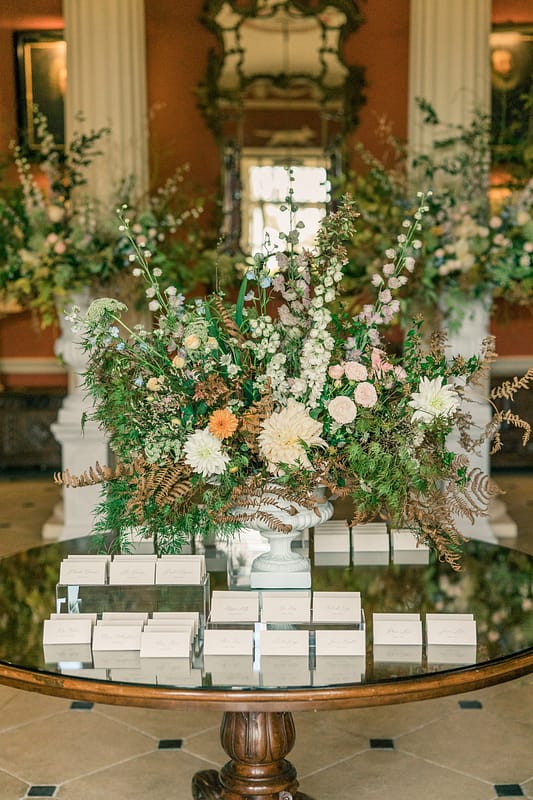
Image by <a class="text-taupe-100" href="http://www.gyangurung.com" target="_blank">Gyan Gurung Photography</a> | Wedding Planning by <a class="text-taupe-100" href="https://nataliehewitt.co.uk" target="_blank">Natalie Hewitt</a>.
Wedding Planning Tips - A Q&A With Wedding Planners.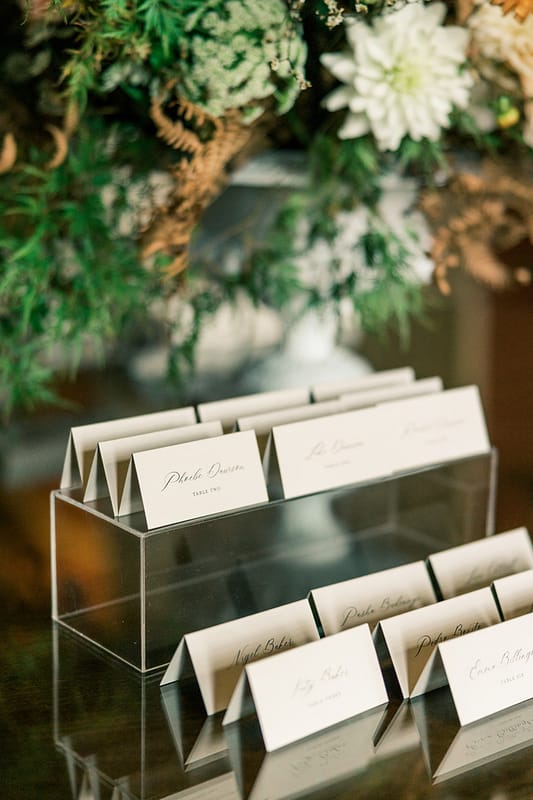
Image by <a class="text-taupe-100" href="http://www.gyangurung.com" target="_blank">Gyan Gurung Photography</a> | Wedding Planning by <a class="text-taupe-100" href="https://nataliehewitt.co.uk" target="_blank">Natalie Hewitt</a>.
Wedding Planning Tips - A Q&A With Wedding Planners.
A wedding planner IS NOT a venue coordinator – a venue coordinator is responsible for everything that specifically deals with the venue, whereas a planner’s role encompasses the whole wedding.
Wedding planners also have different terminology depending on their areas of expertise, where they’re based etc. but that’s another story for another day!
A wedding planner can take on as little or as much of the organisation as required, with planners offering a range of tailored services to suit:
- Full Planning – Everything from start to finish!
- Wedding Day Management – Being there to set-up and oversee the running of the day
- Partial Planning – For couples who only need help with specific areas
- Styling/Design – Creating and delivering a bespoke design concept
- Final Few Weeks – Taking over the planning reigns for the final few weeks/months
- Venue Search – Researching and providing recommendations on ideal venues
Some planners offer all of the above, whilst others specialise in full plan weddings or wedding day management only.
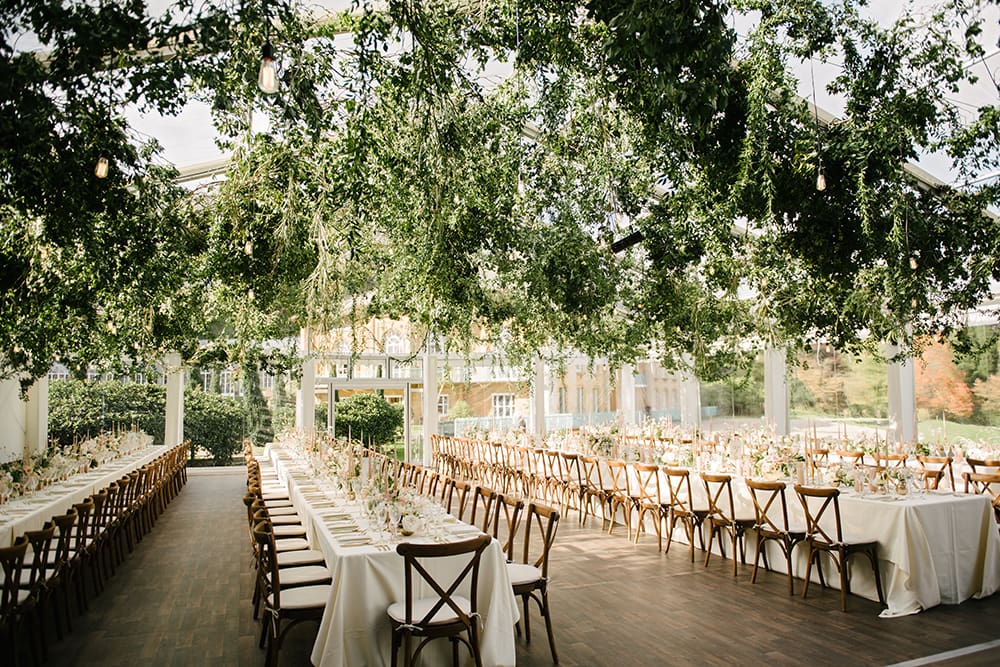
Image by <a class="text-taupe-100" href="https://www.dominiquebader.com" target="_blank">Dominique Bader</a> | Wedding Planning by <a class="text-taupe-100" href="https://www.lizlinkleter.com" target="_blank">Liz Linkleter</a>.
Wedding Planning Tips - A Q&A With Wedding Planners.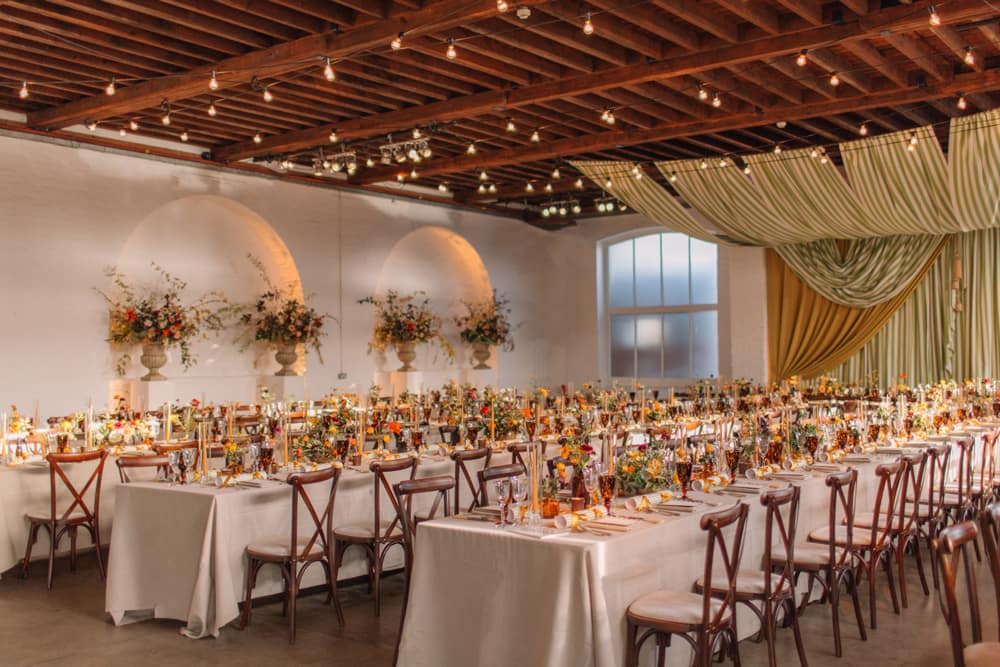
Image by <a class="text-taupe-100" href="http://www.hollyclarkphotography.co.uk" target="_blank">Holly Clark Photography</a> | Wedding Planning by <a class="text-taupe-100" href="https://www.lizlinkleter.com" target="_blank">Liz Linkleter</a>.
Wedding Planning Tips - A Q&A With Wedding Planners.
At what stage of the planning process should you hire a wedding planner?
Liz Linkleter says: Although we can jump on board at any stage of the planning process, and can be drafted in as the wedding day fast approaches, by far the best time to engage a planner is right at the start of the planning journey, before the venue has been found and/or a date has been set. That way the planner can assist you with every part of the process.
We begin with the venue search, helping dig out those lesser-known locations that might not appear via standard Google searches, and can also ensure you find a venue that suits your budget. If you have a planner on board from the very beginning, they’ll pull together a realistic budget for you, and help you stick to it.
I also think it’s important to have someone steering the ship creatively from the get-go – we pull together a cohesive design proposal early on which is used to brief your suppliers and ensures that the whole day feels consistent and pulled together.
Working with a wedding planner from the start means you can lean on their expertise to ensure you engage the very best and most suitable suppliers for all elements of the day, and let them do the hard work researching, sourcing, communicating and negotiating.
Top tips on choosing a wedding planner, including questions to ask
Matthew Oliver Weddings says: First off, I would ask you to look inwards at how you like to work, do you like strict structure? Formal professionalism? Or perhaps you like a more relaxed working relationship? Talking about life generally as much as your wedding, over a glass of wine? Wedding planners all approach planning differently, and you should think about how you work best and then ask the planner what their working style is, to ensure you are compatible. Though you will most likely get a sense of this from just speaking with them.
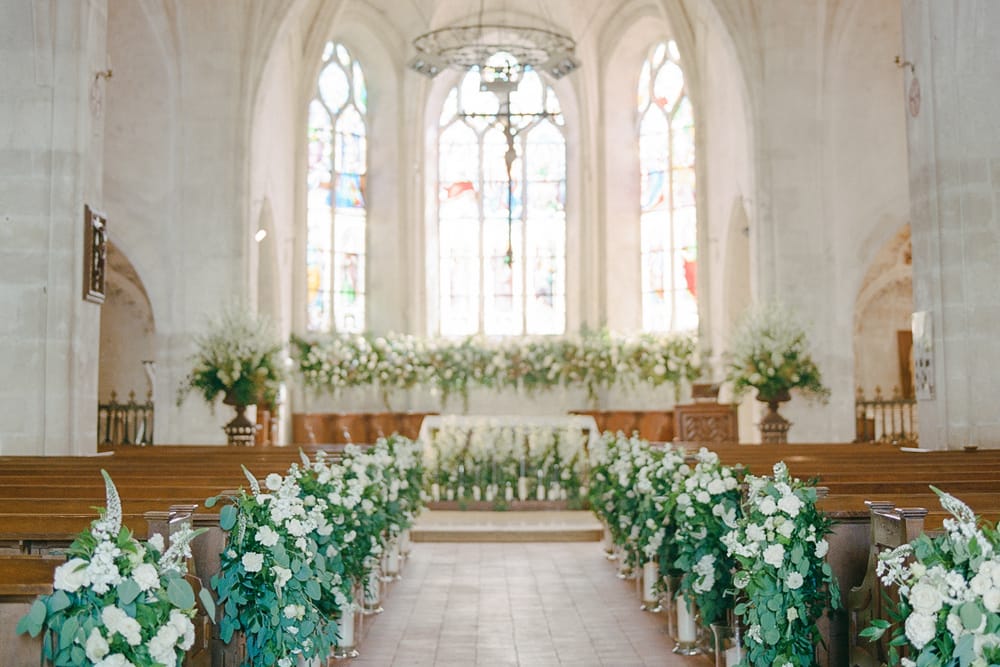
Image by <a class="text-taupe-100" href="http://rebeccayalephotography.com" target="_blank">Rebecca Yale Photography</a> | Wedding Planning by <a class="text-taupe-100" href="https://www.matthewoliverweddings.com" target="_blank">Matthew Oliver Weddings</a>.
Wedding Planning Tips - A Q&A With Wedding Planners.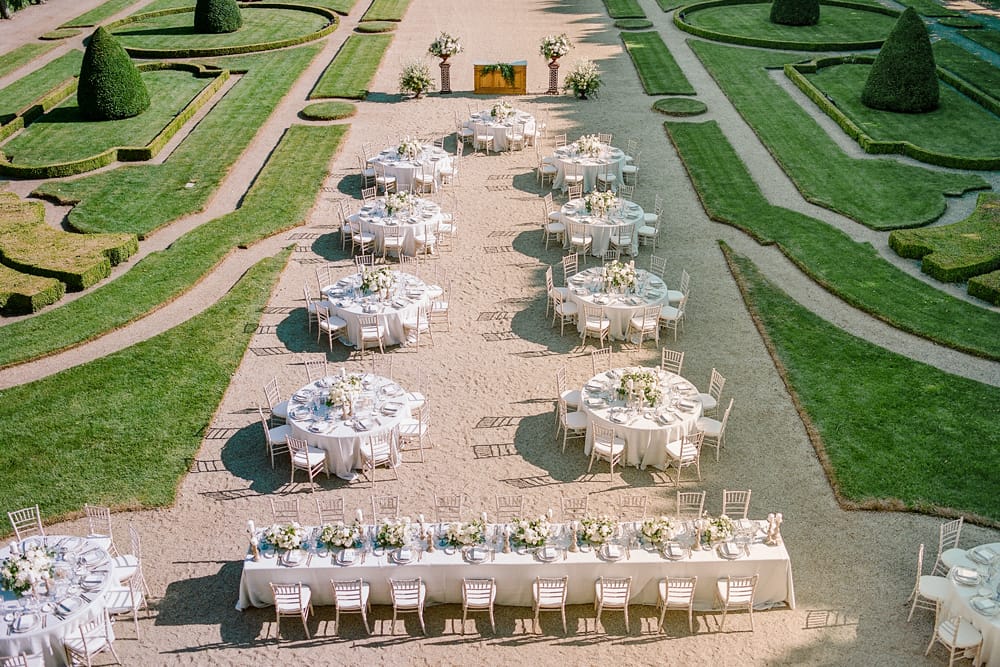
Image by <a class="text-taupe-100" href="http://rebeccayalephotography.com" target="_blank">Rebecca Yale Photography</a> | Wedding Planning by <a class="text-taupe-100" href="https://www.matthewoliverweddings.com" target="_blank">Matthew Oliver Weddings</a>.
Wedding Planning Tips - A Q&A With Wedding Planners.
Katrina Otter Weddings says: If you’re considering hiring a planner then just like any supplier that you book, take your time and do your research – look at websites, social media feeds (making sure that the images on their feeds are of their own work!), enquire about pricing and services, ask to see examples of real weddings (not just styled shoots) and arrange calls and meetings.
The most important thing is that you book a planner whose style reflects what you’re looking for in your own wedding and even more importantly, that you’re on the same wavelength and get on!
I know that last point might sound a bit OTT but it’s crucial that you like your wedding planner. You’re going to be communicating with them a LOT (sometimes even more you’re your own family and friends), you’ll also be trusting them and relying on them heavily. Hence why the like and same wavelength part is so vitally important!
Wedding Planners – how much?
Natalie Hewitt says: There are a number of ways wedding planners charge for their planning services however, the most common service is Full Planning, with most planners charging a percentage of the wedding budget for this level of support. This can typically range between 10 and 15 percent and will more than likely be subject to a minimum fee. So, if the percentage of your budget falls under their minimum fee, you’d pay their minimum instead of the percentage. On the other end of the scale, planners can put a cap on their fee for large budgets. And in some circumstances, some can set a fixed fee.
The percentage system is the most common way of pricing for a full planning service; the larger the wedding budget, the more likely it is that there will be a larger guest count, more suppliers involved and more intricate plans. This variable fee is by far the most straightforward method of charging across the board, to reflect the amount of work involved in delivering a bespoke planning service.
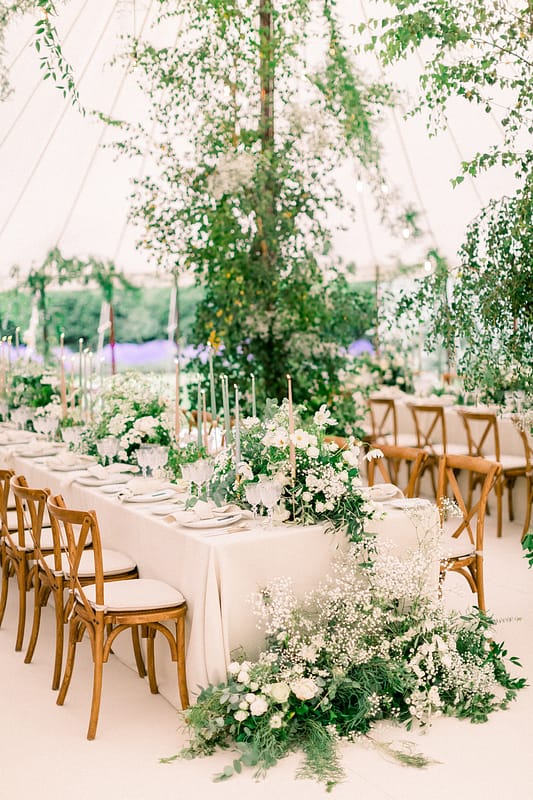
Image by <a class="text-taupe-100" href="http://www.sanshinephotography.com" target="_blank">Sanshine Photography</a> | Wedding Planning by <a class="text-taupe-100" href="http://www.katrinaotterweddings.co.uk" target="_blank">Katrina Otter Weddings</a>.
Wedding Planning Tips - A Q&A With Wedding Planners.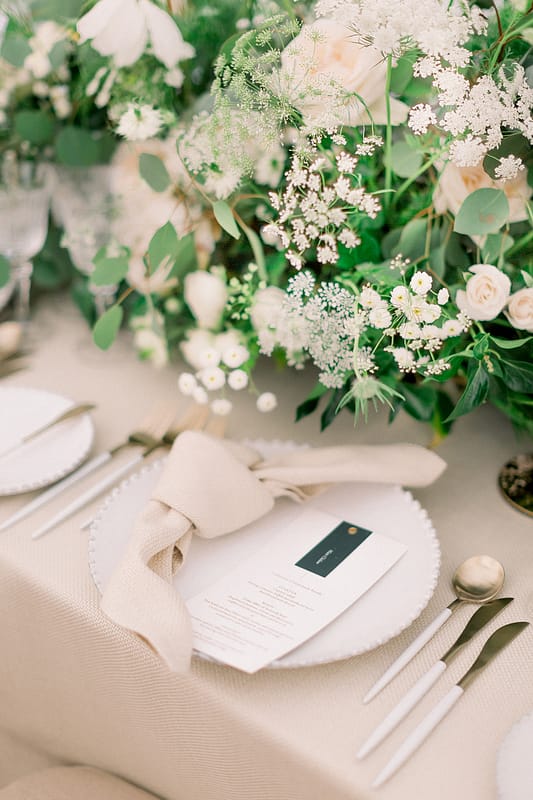
Image by <a class="text-taupe-100" href="http://www.sanshinephotography.com" target="_blank">Sanshine Photography</a> | Wedding Planning by <a class="text-taupe-100" href="http://www.katrinaotterweddings.co.uk" target="_blank">Katrina Otter Weddings</a>.
Wedding Planning Tips - A Q&A With Wedding Planners.
With the average wedding taking in excess of 250 hours to plan, with multiple planning meetings, supplier consultations, site visits and office administration, as well as setting up for the wedding, coordinating the day (or weekend if there are a number of events being hosted) and the clear down, planning a wedding isn’t always straight forward, and although planners will have procedures and templates, the process can, and most always does, evolve. Therefore, charging a percentage means your planners time is suitably covered.
From a couple’s point of view, you have a very clear idea of what you’ll be paying your planner at all times. Even if you increase or decrease you budget; your planner should keep you updated throughout the planning process on how their fee is changing as your spending commences; but you’ll always know it will be that set percentage.
The saying “you get what you pay for” is certainly true when it comes to your wedding planner and cheapest doesn’t always mean you’re getting a good deal. The more experienced planners will typically have a higher minimum fee; what you get for that is the peace of mind that you are in an expert’s safe hands. You receive priceless industry knowledge, a wealth of supplier recommendations, tried and tested processes and someone who will know the tricks of the trade.
5 top wedding planning tips
Liz Linkleter says:
- Be true to you. Wedding inspiration is everywhere right now, and it can be incredibly overwhelming – the best place to start is by avoiding Pinterest and blogs and instead, explore your personal tastes and styles and what represents the two of you as a couple. Don’t copy something just for the sake of it; it has to be there for a reason. Originality is a trend in weddings that isn’t going anywhere – no-one wants their day to look or feel like someone else’s and the best way to avoid this is by starting with the two of you. Aside from that, try to find inspiration outside of Pinterest – galleries, films, photography, restaurants, interior design.
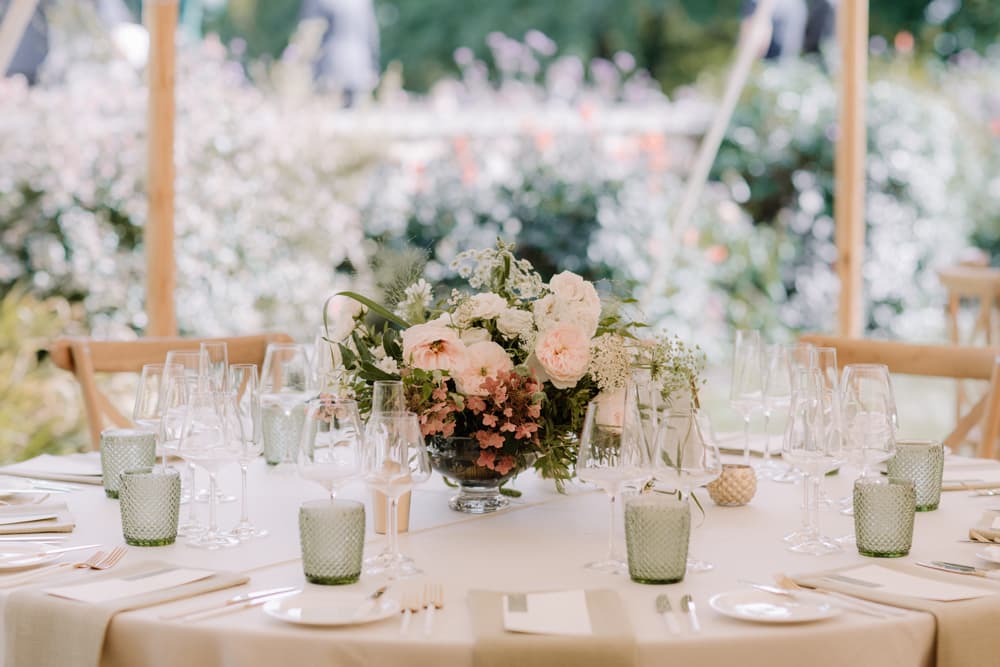
Image by <a class="text-taupe-100" href="http://www.rebeccagoddardphotography.com" target="_blank">Rebecca Goddard Photography</a> | Wedding Planning by <a class="text-taupe-100" href="https://nataliehewitt.co.uk" target="_blank">Natalie Hewitt</a>.
Wedding Planning Tips - A Q&A With Wedding Planners.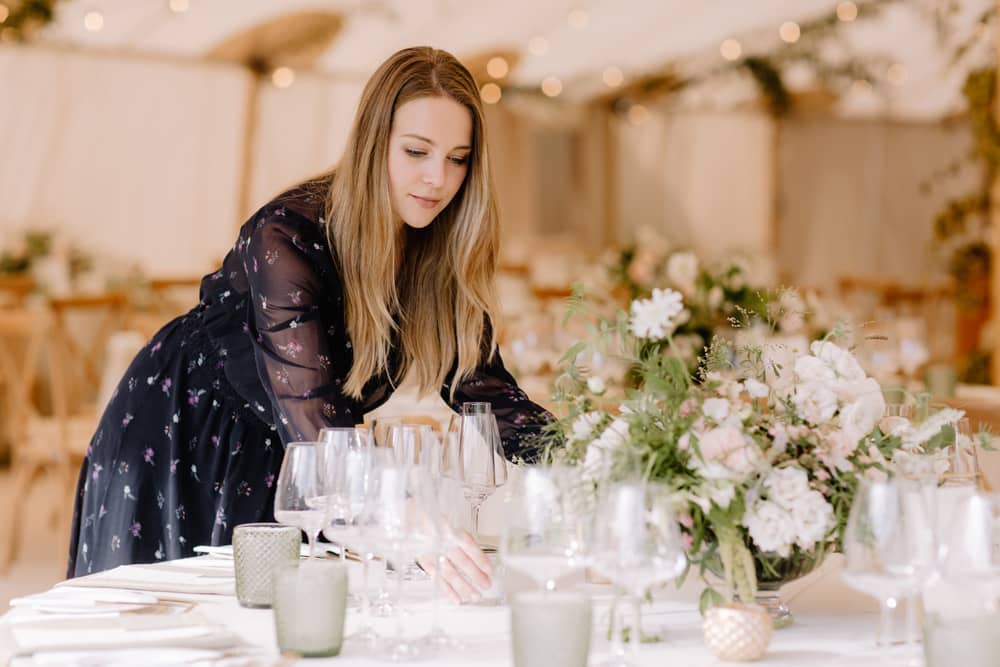
Image by <a class="text-taupe-100" href="http://www.rebeccagoddardphotography.com" target="_blank">Rebecca Goddard Photography</a> | Wedding Planning by <a class="text-taupe-100" href="https://nataliehewitt.co.uk" target="_blank">Natalie Hewitt</a>.
Wedding Planning Tips - A Q&A With Wedding Planners.
- Prioritise the party. Your wedding could look stunning, but if the party lacks a vibe then this is what your guests will really remember. Luckily there are a few simple rules to ensure your party really goes off. Firstly, your dance floor, smoking area and bar should all be in very close proximity or your guests will disperse, and you’ll lose atmosphere – try to avoid having the bar in a separate room, for example. If the smoking area does have to be a bit of a walk away, make sure it isn’t too comfortable for smokers, so they come back inside quickly – it can be tempting to put out a lot of lounge seating and blankets but I always advise our clients to avoid this – a busy dance floor should always be your top priority, as this is what people will really remember. Lighting is important here too – it should be really dark when your dancing starts. Make sure hanging lights like festoons are on a dimmer, and ensure that once the wedding breakfast is over you take the lighting right down – people just don’t dance as much when they feel self-conscious in brighter spaces. I hate coloured lighting when used decoratively, but the one place I will allow some is on the dance floor and stage area, as it helps ramp up the atmosphere when the more civilised and restrained part of the day is over. The drinks you serve can also really help create a busy dance floor – we always advise our guests to serve something with tequila in as it really perks people up post-dinner, or an espresso martini – wine and beer just don’t have the same effect. And of course, it goes without saying that the music you play is key. A fantastic band is great, but if our clients are tighter on budget for entertainment, I would always advise not to hire a mediocre band – there’s nothing worse than a bad wedding band! Instead spend a little more on a great DJ and you’re much more likely to have the packed dance floor you want.
- Consider the venue. The look and feel of your day should always suit the setting – don’t force something into a space where it just doesn’t work. This can be to do with style, mood, colour – anything. If your venue is a beautiful old Tuscan mansion, I would start with that when thinking about your wedding décor rather than bringing anything in that feels too contemporary or out of place.
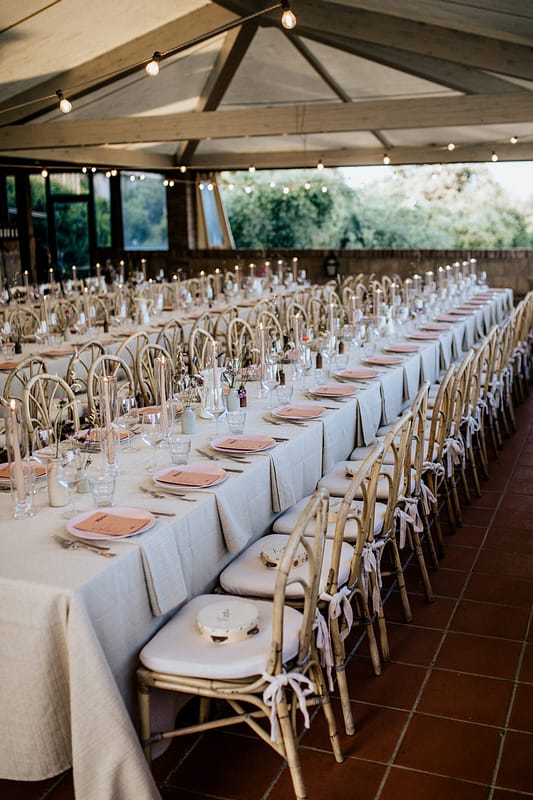
Image by Chris & Ruth Photography | Wedding Planning by <a class="text-taupe-100" href="https://www.lizlinkleter.com" target="_blank">Liz Linkleter</a>.
Wedding Planning Tips - A Q&A With Wedding Planners.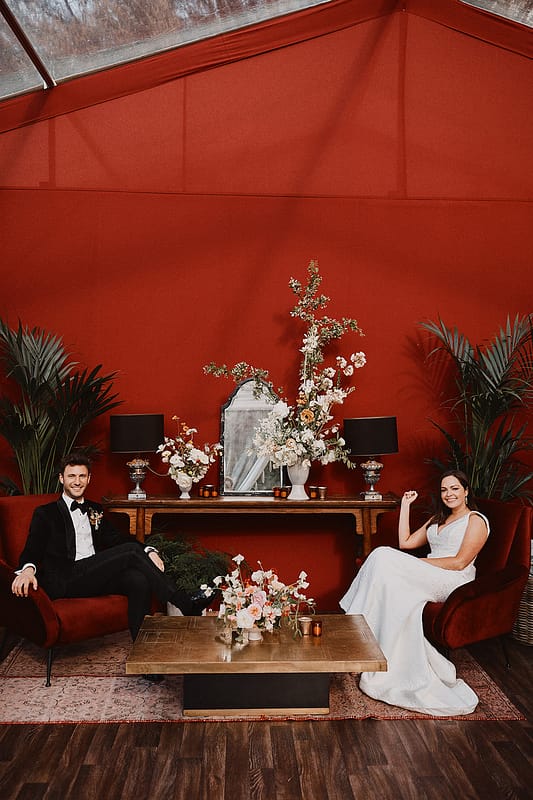
Image by <a class="text-taupe-100" href="http://www.benjaminthomaswheeler.com" target="_blank">Benjamin Wheeler Photography</a> | Wedding Planning by <a class="text-taupe-100" href="https://www.lizlinkleter.com" target="_blank">Liz Linkleter</a>.
Wedding Planning Tips - A Q&A With Wedding Planners.
- The wet weather plan is very important. Never book a venue where the wet weather plan is depressing and where you’d feel heartbroken if it rained – it can be bad enough to have rain without a terrible plan B making things worse. We always imagine in advance every element of the guest’s journey if it did indeed rain, ensuring that it’s as comfortable and dry as possible. Hire umbrellas and hire a back-up rain marquee if you’re planning an outdoor ceremony – if you don’t end up using it then that’s a good thing! Also, don’t panic if you do have a very wet day – we did a wedding recently where it rained horrendously all day long and it had such an amazing atmosphere of camaraderie and a packed dance floor too, as no-one could linger outside.
- Make guest experience your priority. People are often surprised when I say this, as we are known for our creative wedding designs, but the things that really leave a lasting impression in the minds of your guests often don’t include your incredible décor, as much as it saddens me to say it! Making your guest experience as relaxed, enjoyable and comfortable as possible should always be your focus – people don’t think about it when it’s good, but when it’s bad it is always remembered. Our clients always tell us that not knowing where they should be and when, and an overall disjointed and confusing flow through the day is a real negative for them at other weddings they have attended. When you hire a wedding planner you don’t need to worry about this, as we are there ensuring everyone moves from one stage of the day to the next, effortlessly and almost without realising it! Don’t leave guests standing around for any period of time without food and drink, and if you are having a long drinks reception make sure that there are plenty of canapés. Offer transport back to hotels at the end of the night, and make sure this is well managed. And don’t cut back on waiting and bar staff if you’re trying to reduce costs – long queues at the bar should always be avoided.
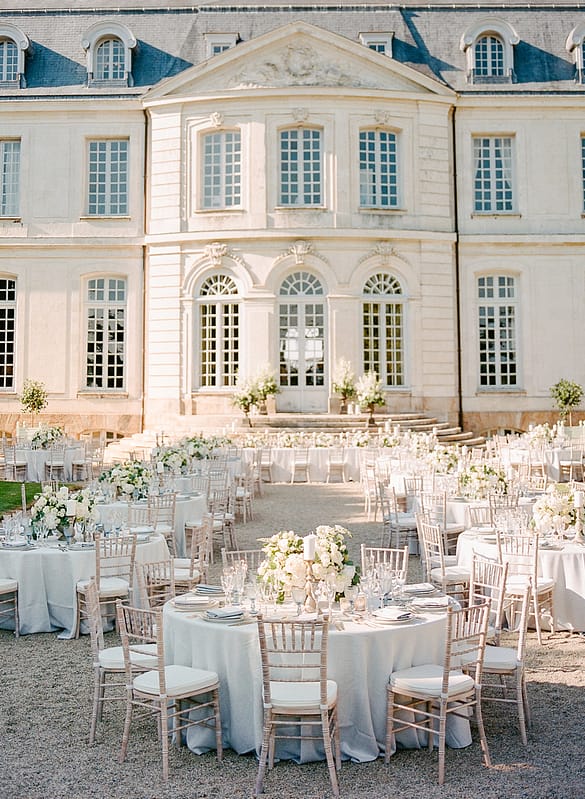
Image by <a class="text-taupe-100" href="http://rebeccayalephotography.com" target="_blank">Rebecca Yale Photography</a> | Wedding Planning by <a class="text-taupe-100" href="https://www.matthewoliverweddings.com" target="_blank">Matthew Oliver Weddings</a>.
Wedding Planning Tips - A Q&A With Wedding Planners.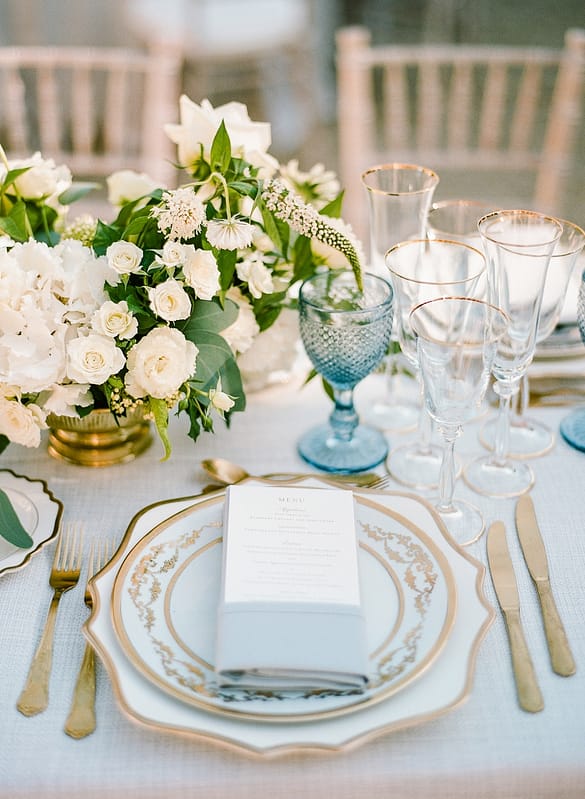
Image by <a class="text-taupe-100" href="http://rebeccayalephotography.com" target="_blank">Rebecca Yale Photography</a> | Wedding Planning by <a class="text-taupe-100" href="https://www.matthewoliverweddings.com" target="_blank">Matthew Oliver Weddings</a>.
Wedding Planning Tips - A Q&A With Wedding Planners.
Matthew Oliver Weddings says:
- Communication is key!
- Trust in your guest’s ability to do things for themselves! This is mostly aimed at destination weddings – create a wedding website and give them as much guidance as possible for getting to that country but leave it at that, the moment you start getting involved in booking flights, accommodation, etc… the planning for you has just got 10 x more stressful!
- Be flexible with your expectations – most people have a set budget as well as expectations, and these don’t always match. If they don’t, then you’ll need to take some time to really think about what’s most important to you as otherwise you might start to have a negative relationship with your wedding and the planning process.
- Create a wedding email address. Trust us, it will allow for a calmer planning experience, as instead of constantly receiving supplier and guest emails into your everyday inbox and life, you can instead set time aside for wedding planning, and then look at the specific email account when you are in the right frame of mind.
- Get a creche! If you are planning on inviting guests with children or if you are finding yourself with no choice but to invite children, a creche will solve all your problems!
Natalie Hewitt says:
- Before you do anything buy wedding insurance. It doesn’t have to cost a lot, but it provides that extra peace of mind if anything were to happen.
- The very next thing to do is celebrate and enjoy the moment of being engaged. Planning a wedding is fun but it can be overwhelming. So, before the madness of seating plans and choosing napkin colours descends, revel in your new status.
- Next, plan out your budget. Carry out a little research on average costs (sometimes the online surveys or magazine guides aren’t entirely accurate, but at least it’s a start). Ask friends and family who have recently gotten married or contact a couple of suppliers for some estimated costs. If you aren’t able to allocate your budget to categories, perhaps discuss what you would prioritise, but certainly knowing what overall total you have to spend on your big day is important.
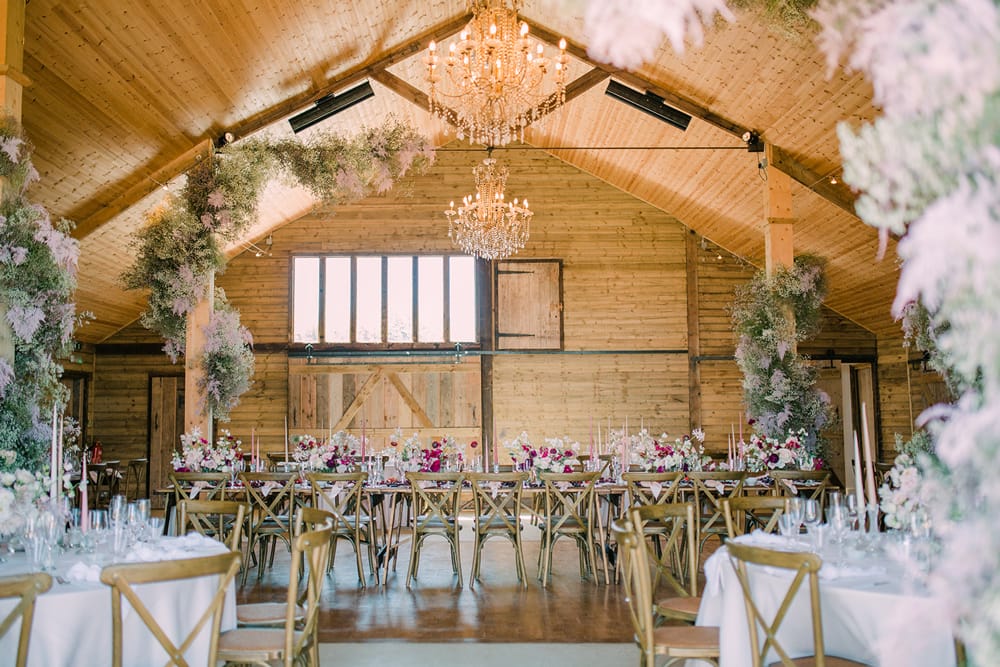
Image by <a class="text-taupe-100" href="https://www.wookiephotography.com/" target="_blank">Amy O'Boyle Photography</a> | Wedding Planning by <a class="text-taupe-100" href="http://www.katrinaotterweddings.co.uk" target="_blank">Katrina Otter Weddings</a>.
Wedding Planning Tips - A Q&A With Wedding Planners.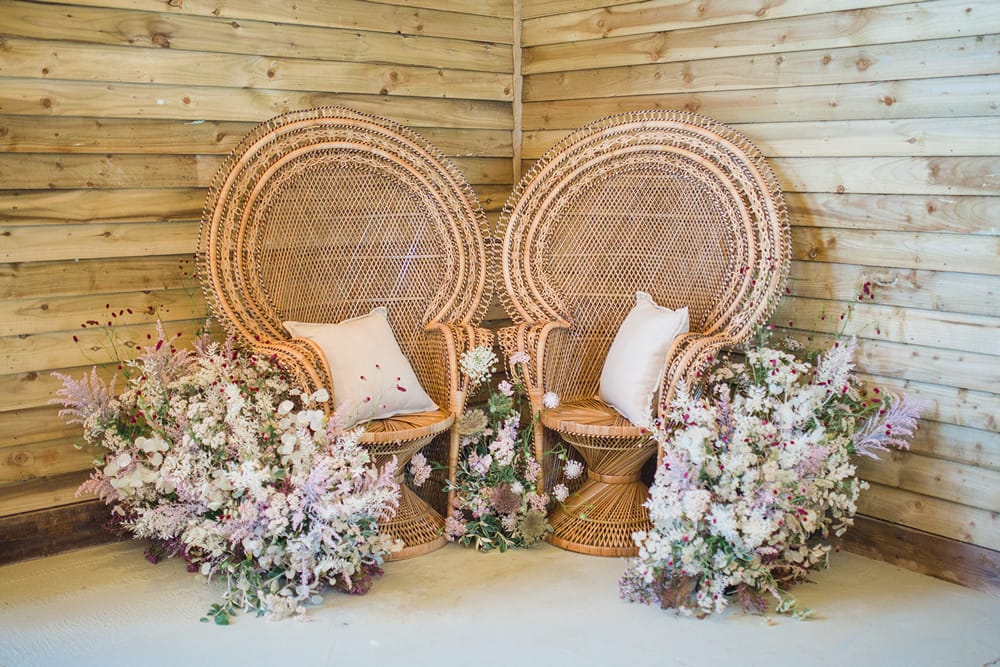
Image by <a class="text-taupe-100" href="https://www.wookiephotography.com/" target="_blank">Amy O'Boyle Photography</a> | Wedding Planning by <a class="text-taupe-100" href="http://www.katrinaotterweddings.co.uk" target="_blank">Katrina Otter Weddings</a>.
Wedding Planning Tips - A Q&A With Wedding Planners.
- Make sure you do you research on suppliers and don’t just book the first supplier you find. Compare companies, ask for testimonials, gather like for like quotes and see examples of their work. Don’t be afraid to interview your supplier; you are trusting them with one of the biggest days in your life and parting with your money, so it’s OK to be sure they are perfect for you.
- Don’t be afraid to delegate. Whether you do decide to hire the services of a professional planner or just ask family and friends; planning a wedding is a big undertaking, especially if you have a busy career or a family, so share the load.
2021 wedding trend predictions
Liz Linkleter says:
- Don’t follow trends! Originality is now a trend in itself, and our approach has always been to avoid trends as they can date your wedding very quickly. Instead, be creative, original and (as I said earlier!) true to yourselves. Everyone is now striving to do something different.
- This has been around for a while in fashion and brand events but has now permeated weddings. Traditional muted palettes are being eschewed in favour of bold colour and print, often layered on top of each other for maximum impact.
- Following on from maximalism, 2021 will see the continuation of the trend for elaborate tablescapes. Again, carefully designed tablescapes have been a key feature of fashion and beauty brand events for many years, but 2019 was the year that this trend really exploded in private events, mainly thanks to Instagram. As a result, table decor will be a huge trend in 2021 weddings. Florals will always be important, but now the linens, crockery, cutlery, glassware, chairs, favours and styling details all play an equally essential role.
- Personalisation will be huge in 2021 for those with the budget for it – monogramming on anything and everything, from linens to favours, and bespoke keepsakes for each guest.
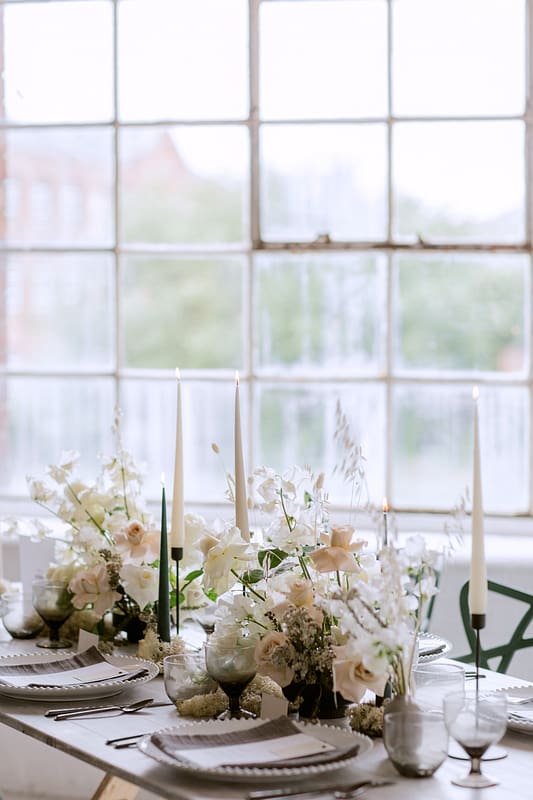
Image by <a class="text-taupe-100" href="http://www.ninagorshunova.com" target="_blank">Tender Photographs</a> | Wedding Planning by <a class="text-taupe-100" href="https://nataliehewitt.co.uk" target="_blank">Natalie Hewitt</a>.
Wedding Planning Tips - A Q&A With Wedding Planners.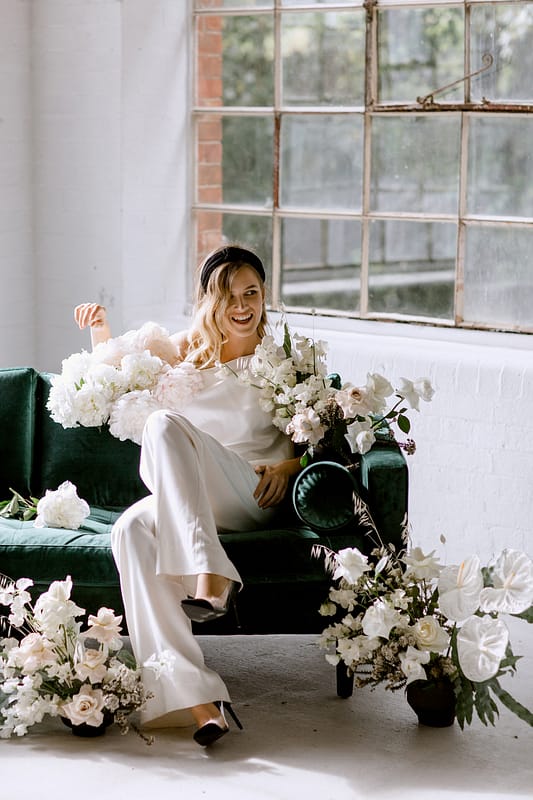
Image by <a class="text-taupe-100" href="http://www.ninagorshunova.com" target="_blank">Tender Photographs</a> | Wedding Planning by <a class="text-taupe-100" href="https://nataliehewitt.co.uk" target="_blank">Natalie Hewitt</a>.
Wedding Planning Tips - A Q&A With Wedding Planners.
Matthew Oliver Weddings says:
- Generally, trends are not for us OR our couples… we always start planning with the couple in mind – what is right for them, what are they inspired by. Next comes the venue, what works there, what fits naturally in the space. We don’t want to push the couple in a direction or create a look in a jarring environment, just because it is on-trend. Planning a wedding should evolve naturally to ensure that everything truly is perfect for the couple and not just Instagram or ticking a “current” box!
Natalie Hewitt says:
- Oriental blue and white vases, whether teamed with fresh white florals or taking inspiration from Dutch paintings with a beautiful array of florals, such as poppies, tulips or even fruit. We’re going to start seeing a lot more of these. And although the vases are blue and white, don’t be afraid to add in colour; they really do lend themselves to any floral variety.
And there we have it… another guide done, with even more tips and planning advice to come later this year.
And if you’re in the process of looking for a wedding planner then I’d recommend checking out Liz Linkleter, Matthew Oliver Weddings and Natalie Hewitt (+ me!) in a heartbeat.
Discover our Venues
Refine your wedding venue search by location, capacity, type, and style.
Visit Venue FinderSuppliers We Love
From photographers to bridal fashion and styling, find the best wedding suppliers right here.
View Suppliers